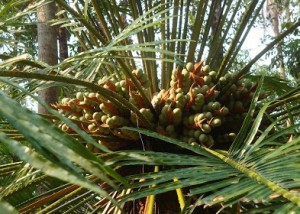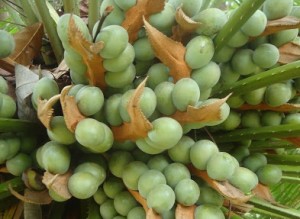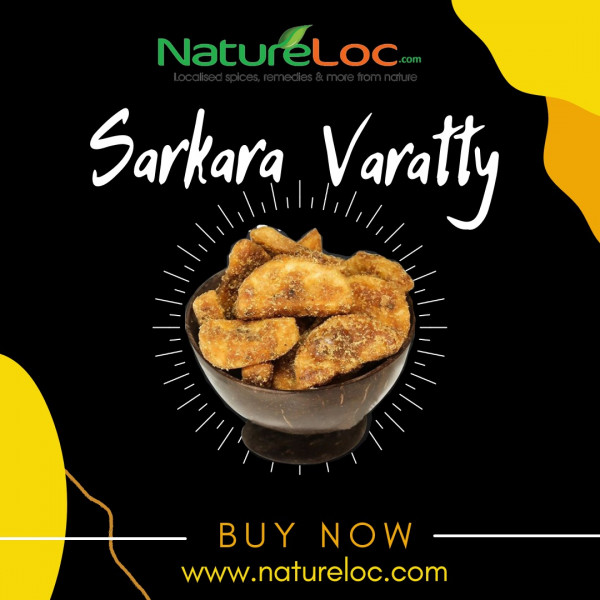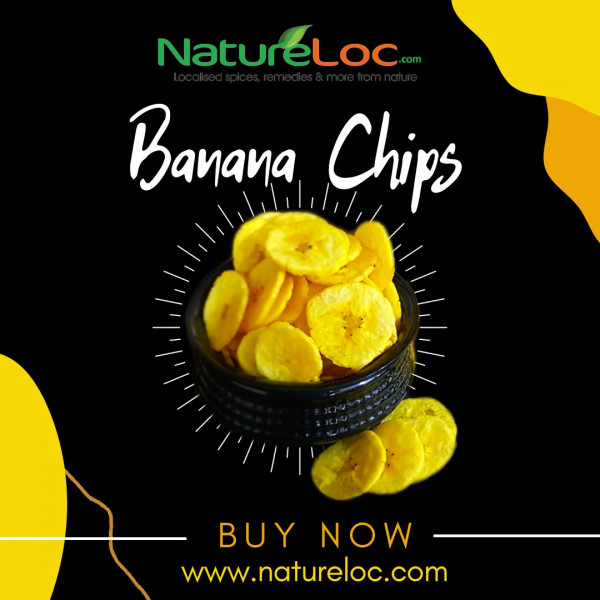Have you heard of Eenth Plant- Flour? What’s it good for?
Eenthu Plant (Cycads) a stout and woody ligneous trunk with a crown of large, hard and stiff – evergreen leaves
Eenthu’ is a plant, which is commonly found in Nilambur, Palakkad, Wayanad and also in some parts of Central Travancore. These plants grow tall and belong to the family of palm trees the seeds of which are edible. Usually flour is obtained from the crushed and powdered seeds and this flour mixed with rice flour is used to prepare nutritious dishes. It is a storehouse of proteins, carbohydrates and has curative as well as aphrodisiac properties.
Eenthanga seeds – How to prepare Eenthanga powder? Method of preparing eenthanga powder /flour from eenthanga seeds
Split – slice the eenthanga seeds into 2 parts and dry it in the sunlight. When it is dried take out the seeds and discard the outer shell of the seed. These nuts are to be soaked in plenty water and kept for six to 8 hours. Then discard the water with the froth and repeat the procedure for about seven times.Again these nuts are dried in the sunlight and powdered for use
Eenthu Powder/Flour- eenthu podi – Cycads – Traditional Taste of Kerala- Uses of eenthanga powder – Medicinal uses- Health properties-culinary uses
Preparation behind eenthu flour is difficult. But its taste and health benefits are amazing. Its rich source is a s of proteins, carbohydrates and has curative as well as aphrodisiac properties helps to control blood pressure
Culinary uses – Cooking recipes Eenthanga put ,Eenth Pidi,Eenth paysam are the main food items prepared from eenthanga flour
Eethanga Flour Cooking recipes visit our food and taste section
Buy on line home made health powders lKoova podi -ethakka powder-bamboo rice etc spices,nuts






















Thanks for the information and the nice pictures. This is indeed a native species, and the nuts were consumed after roasting, grinding, soaking (5-6 hours), discarding the water (this water is HIGHLY toxic, and can kill goats, pigs etc). The soaking and washing needs to be repeated several times.
The plant is not a palm, but a distant relative of the palm. The botanical names is Cycas circinalis. Interestingly, it has been recently discovered that people from Kerala have migrated to Australia over 4000 years ago, importing the technology of de-toxification of these nuts to Australia.
it’s wounderfull the new generstion don’t know about in this plant